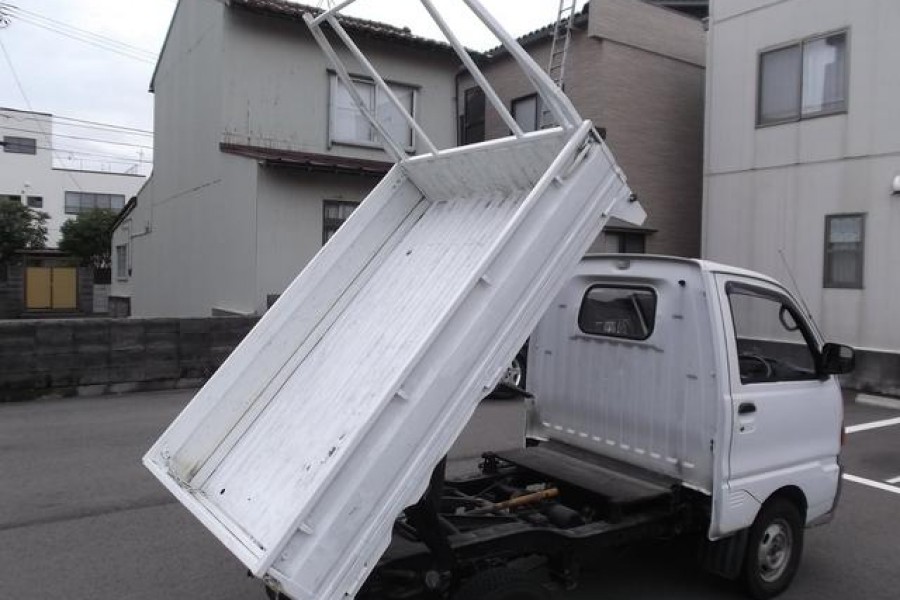Tips To Reduce Exhaust Smoke From Diesel Trucks
Many people have an attitude towards diesel engines because they are smoky and loud. All diesel-powered trucks emit black smoke. If you become a victim, never hesitate because this problem is easy to fix. This guide will focus on why diesel-powered trucks emit too much smoke and the solution. In this comprehensive guide, we will go through some of the tips to reduce exhaust smoke from diesel trucks.
Tips To Reduce Exhaust Smoke From Diesel Trucks
Change your Air Filter
Black smoke is evidence of partial fuel combustion in the combustion chamber. When your truck is ni motion, the engine burns fuel and oxygen to produce water and CO2. The production of black smoke indicates that the fuel is not getting adequate oxygen to mix within the combustion chamber because the air filter is clogged.
The engine’s inability to receive adequate amount f oxygen creates an imbalance, and you will feel your truck is losing power when you press the acceleration pedal.
To fix this problem, replace your air filter. It is recommended that when you do an oil change, consider changing all the filters in your truck.
Clean the MAF Sensor
The bad MAF sensor interferes with the air-fuel ratio necessary to support combustion in the cylinders. The mass air flow sensor ensures that the amount of fuel and air getting into the combustion chamber is equals.
A faulty MAF sensor will not give the correct readings of airflow, which is getting into the combustion chamber. In such a scenario, your truck will have no option but to produce black smoke.
When the MAF sensor becomes faulty, you will see the engine check light and black smoke from your exhaust pipe. To correct this, consider replacing your MAF.
Use Diesel Additive
Using diesel additives is the easiest way to reduce diesel truck emissions. However, it does not solve all your engine problems. If you have an old diesel truck, smoke emissions might result from carbon build-up within the system. Additives clean carbon build-up within the engine. For the best results, consider using a high-quality additive.
Diesel additive fixes the problem of black smoke. There are various diesel additives in the market and different ingredients.
Perform a Regular Inspection of Your Fuel System
The fuel system has various parts. If a single part is faulty, your truck will emit more smoke. Check the condition of the fuel filter, EGR system, and fuel injectors. Your truck will be smoky when your fuel filter or the EGR is faulty. Sometimes, the fuel injectors might get clogged and fail to deliver the required amount of fuel in the combustion chamber. Consider checking the trouble codes to take care of your fuel system.
When the diesel engine does not receive the right fuel, you will see black smoke from the exhaust pipe. The truck will start to consume too much fuel. To fix this problem, inspect the fuel system and replace the worn-out parts.
Conclusion
Production of smoke by your diesel truck can lower your self-esteem, especially when driving in a set-up where everyone advocates for the conservation of the environment. This guide has highlighted causes and solutions to the diesel-powered engine’s emission of too much smoke.


